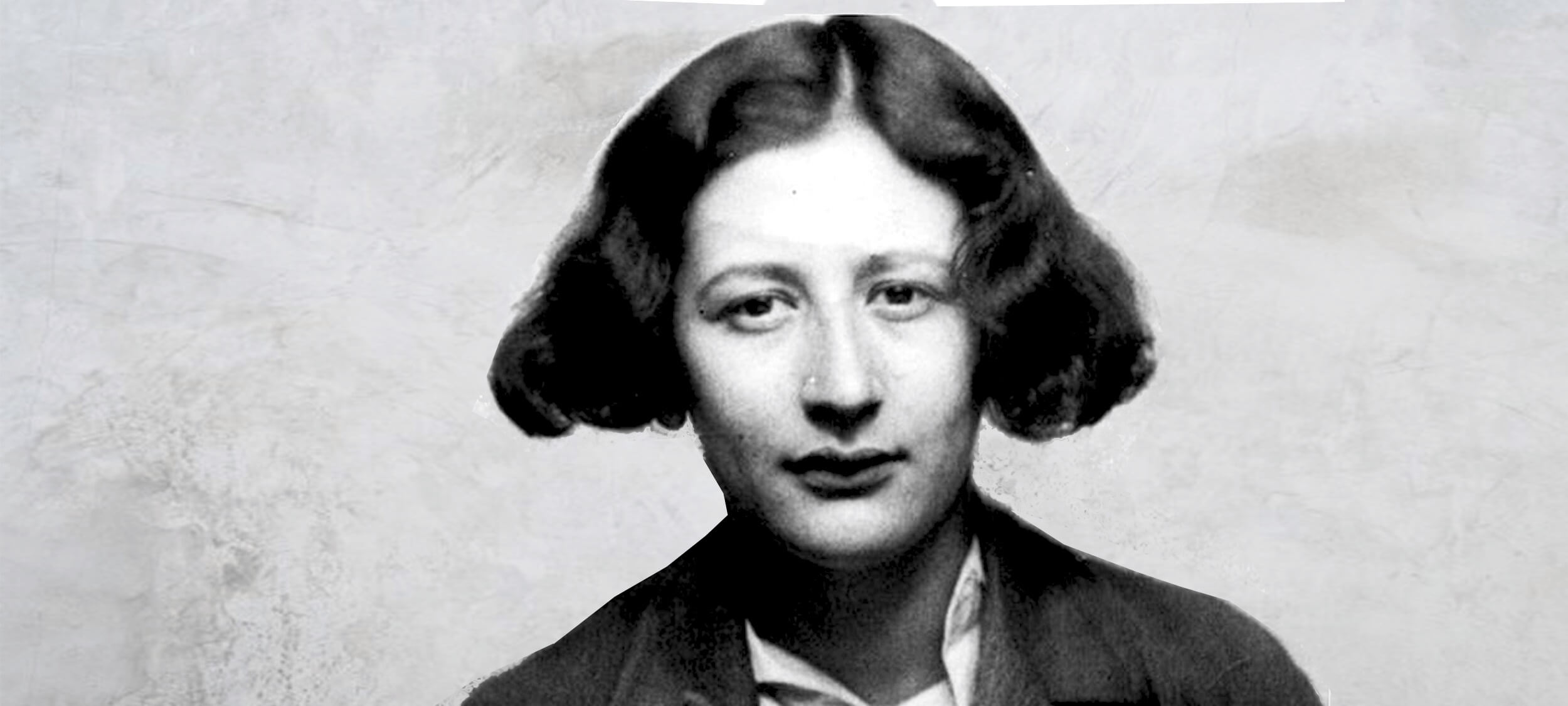
The etiquette of gift giving
Opinion + AnalysisHealth + WellbeingRelationships
BY Ruth Quibell The Ethics Centre 14 DEC 2016
I enjoy giving gifts, especially for my children. It’s an opportunity to think about them, who they are now and how they’re developing.
I want the gift I choose to be liked by the person who receives it but I also expect it to do other things. Does this gift tell them they are understood? Loved? Appreciated? Does it reflect our relationship? It’s a bit of a gamble and is easy to get wrong, which is why I’m often a little freer with spending my money and time on a gift than I am usually.
This deeply personal way of thinking about gifts isn’t unusual but it overlooks the shared, ritualised aspects of gift exchange. In childhood we learn a polite dance of expectation and obligation. Even though gift-giving is meant to be spontaneous and honest, it follows a predictable script of performed generosity and gratitude.
In Brooklyn Nine-Nine, the dramatic Gina offers a great example of this. She secretly opens all her presents in advance so she can rehearse her ‘opening’ expressions for later.
A gift might be given freely and without coercion, but it doesn’t come without basic obligations for the receiver of the gift: to accept the gift, to express gratitude, to reciprocate. While a gift might express or help reinforce a relationship, the giver’s intention alone is no guarantee of success.
‘Charity gifts’ like providing clean water for a community overseas are undoubtedly well motivated, but do they serve the same purpose as traditional gift giving?
The rise of ‘charity gifts’ interrupts our usual expectations of a gift as an exchange between two people or families that is motivated by a relationship. Interestingly, by donating money to a charity in another’s name the ordinary social expectations of giving are preserved. The relationship between giver and the nominal recipient of the gift might even be bolstered without any tangible exchange occurring between them.
The ultimate recipient of the gift might benefit from it but they are receiving anonymous charity rather than a gift. You might even argue that they are part of the gift being given. For those considering ‘charity gifts’, it’s worth asking: what are you giving, to who, and why?
You’re unwrapping a present, surrounded by family when you unveil the most garish, knitted socks from great Aunty Mavis. Do you have to keep them? Are you obliged to wear them?
This situation makes the tacit expectations around how to receive gifts more overt. We don’t know much about great Aunty Mavis’s motivations. She might have simply enjoyed knitting the socks and have little interest in our feelings about them. The situation requires what sociologist David Ekerdt calls an “act of reception”. Without it, Mavis’s gift giving gesture will hang in the air like an unshaken hand.
A common response, I suspect, to avoid an uncomfortable situation would be to graciously accept the gift without giving offence, and then to quietly dispose of it later. Think Colin Firth’s character wearing the Christmas themed jumper in Bridget Jones.
Of course, there’s a choice here. I’d probably put the socks on immediately and see what I could discover about them and myself, but I wouldn’t pretend to like them if I didn’t.
Children are often encouraged to write ‘Christmas lists’ and send them to Santa. Later in life, lots of people are explicit in the gifts they want to receive for Christmas or birthdays. Do these trends encourage us to think about gift giving in a different way?
As I write this, my almost eight year old has stuck a sizeable birthday list on the fridge. She wants these things but she also wants me to understand her. Her list is an attempt to ensure I don’t get her wrong. The list is important, but as her parent I don’t only want to give her the things she wants. This is where gifts differ from simply an exchange of money for goods in the market. Gifts entail risky choices and unpredictable receptions.
It feels as though there’s a tension between the act of giving a gift itself, which is an act of generosity, and the general climate of the season, which seems more self-interested. Is that tension inescapable?
Gift giving usually has a dose of both. We give because we want to, but also because we expect something in return. Even if we don’t expect the straightforward exchange of a gift in return, we might hope for a stronger relationship, to be held high in someone’s opinion, or simply to be appreciated as kind, thoughtful or generous.
To be clear, this is not the same variety of self-interest as the stereotypical selfish consumer always hungry for more. It’s self-interest, yet I don’t think there’s anything particularly wrong in wanting our lives to be good with caring relationships. Perhaps when it comes to choosing a gift, we don’t need to be so quick to disown having a pinch or two of self-interest in the gift-giving game. It might even lead to a better choice of gift than great Aunty Mavis’s socks.
Ethics in your inbox.
Get the latest inspiration, intelligence, events & more.
By signing up you agree to our privacy policy
You might be interested in…
Opinion + Analysis
Relationships
Come join the Circle of Chairs
Opinion + Analysis
Relationships
Ask an ethicist: How should I divvy up my estate in my will?
LISTEN
Relationships, Society + Culture
Little Bad Thing
Big thinker
Relationships




